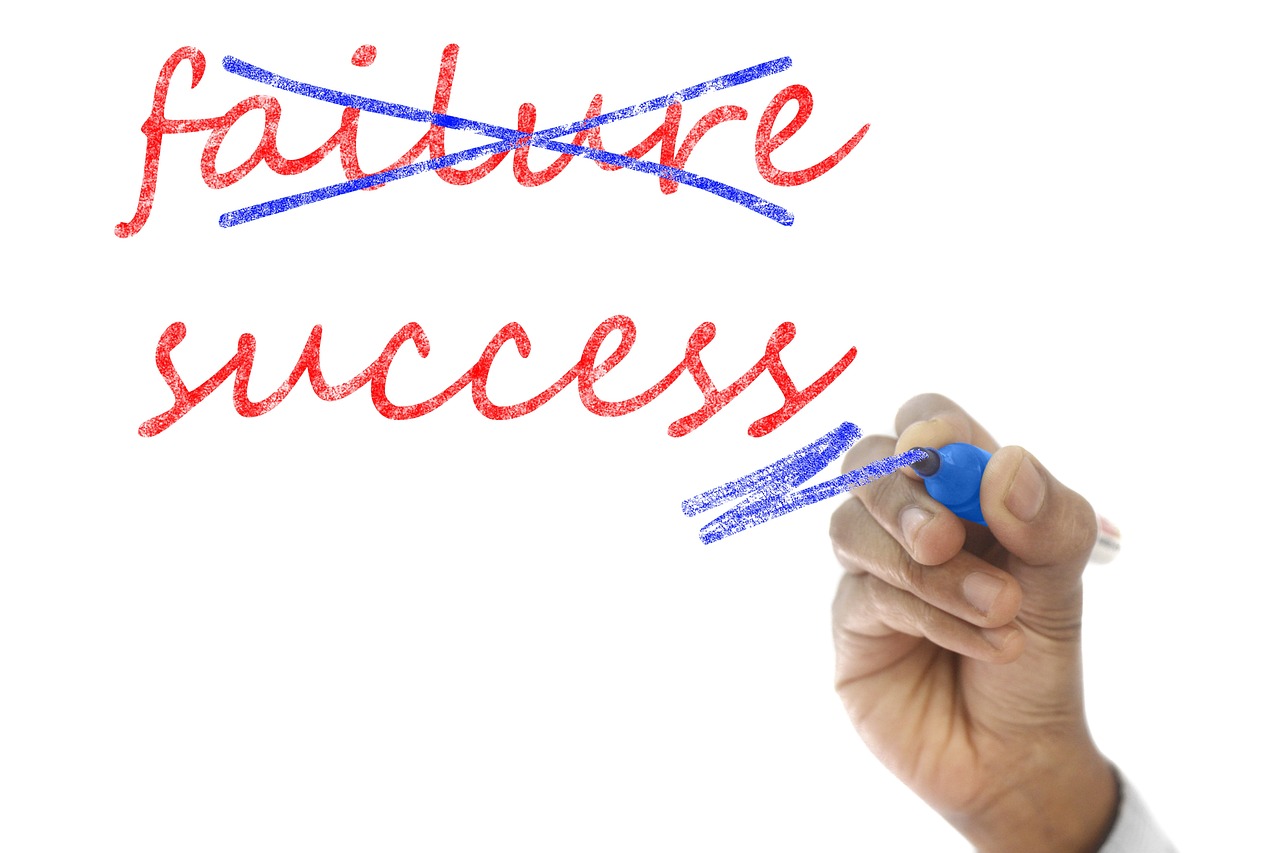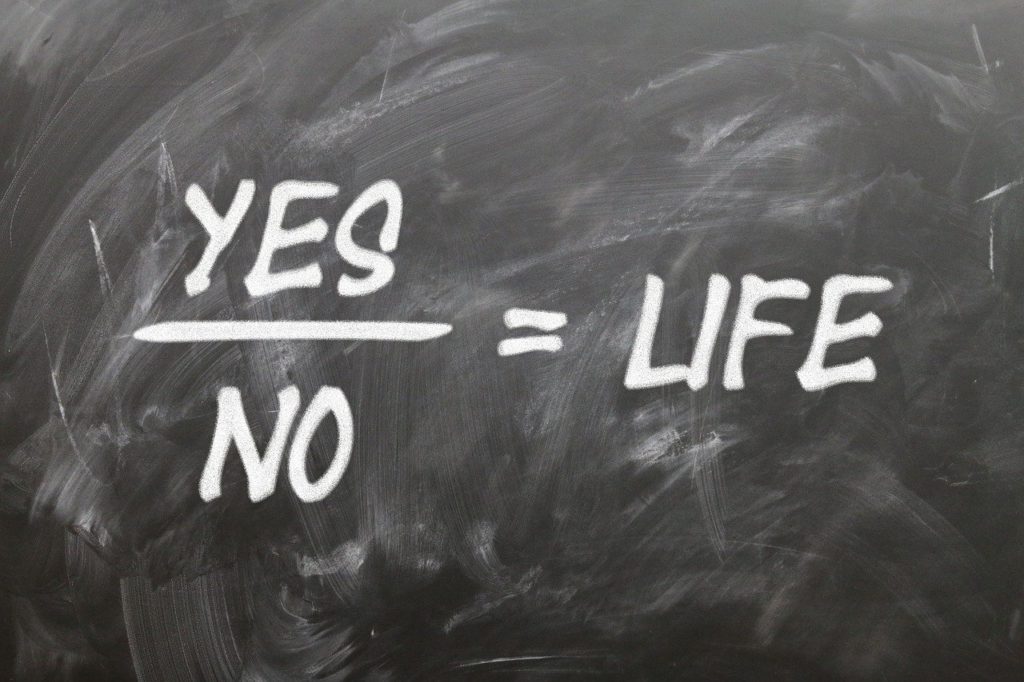Buddha’s teaching on karma is like planting seeds in a garden. Every thought, word, and action is a seed we plant. Positive actions—like kindness, compassion, and honesty—are like planting fruit trees. These actions lead to positive outcomes, like happiness and peace, both in this life and future ones. On the other hand, negative actions—like anger, greed, and harm—are like planting thorny bushes, leading to pain, suffering, and obstacles.
Karma works like the wind. It may not blow immediately after planting the seeds, but eventually, it brings the consequences of our actions back to us. Positive actions grow good fruits, and negative actions grow thorns. The more we act kindly, the more our garden flourishes. But if we neglect it with harmful actions, we may find ourselves surrounded by thorns.
This continuous cycle of planting and harvesting is what drives reincarnation. If we have mostly positive karma, it’s like tending a healthy garden that leads to a better, brighter life in the future. However, if we have mostly negative karma, it’s like leaving behind a garden full of weeds and thorns, leading to difficult and painful lives ahead.
In simple terms: Good deeds now lead to a better garden in the next life. Negative deeds lead to more thorns and suffering in future lives. Karma is a cycle, like the seasons, and we have the power to plant good seeds for a better future.
Buddha’s teaching on karma is deeply intertwined with the idea of cause and effect. Karma refers to the energy created by our actions—physical, verbal, and mental—and this energy shapes the course of our lives, including future reincarnations. To understand this, think of life as a field, and each action as a seed that we plant in that field.
The Law of Karma: Cause and Effect
Every action, whether positive or negative, has consequences. Buddha teaches that positive actions—like generosity, kindness, and patience—create good karma, which can be seen as planting seeds that will eventually grow into strong, healthy trees. These trees bear sweet fruits, symbolizing happiness, peace, and good fortune in this life or future.
On the other hand, negative actions—like lying, stealing, or harming others—create bad karma, like planting poisonous or thorny plants. These seeds, though small at first, will eventually grow into plants that cause harm or suffering, leading to difficulties, obstacles, and negative experiences later in life or in future reincarnations.
Metaphors for Positive and Negative Karma
Imagine your life as a journey. Positive karma is like walking on a smooth, clear road where the sun shines and everything seems to fall into place. Negative karma, however, is like trying to walk through a thick, overgrown forest, full of sharp thorns, cliffs, and sudden downpours.
- Positive Karma (Good Actions): Acts of love, kindness, and generosity are like planting trees that provide shelter, shade, and food for you and others. These good deeds may not show immediate results, just like seeds don’t sprout overnight, but in time; they blossom into long-lasting benefits.
- Negative Karma (Bad Actions): Actions based on anger, greed, or ignorance are like planting thorn bushes. These may also take time to grow, but when they do, they create discomfort and obstacles in your path, making your journey harder and more painful.
Karma and Reincarnation
Buddhism teaches that karma doesn’t just affect this life, but it also shapes future lives. This is where reincarnation comes in. The energy from your actions doesn’t just disappear when you die; it follows you, like a shadow, into the next life. Your accumulated karma is what determines the conditions of your next existence—whether you are born into fortunate circumstances (like a wealthy, healthy, or wise family) or unfortunate ones (a life of poverty, illness, or ignorance).
- Positive Karma and Reincarnation: If throughout your life you’ve planted mostly good seeds, your next life will be like a beautiful, lush garden. You may be born into favorable circumstances, and your path will be relatively smooth and full of opportunities for growth, happiness, and spiritual progress.
- Negative Karma and Reincarnation: If you’ve planted mostly harmful seeds, your next life may be filled with obstacles, like walking through a desert with no shade. You could be born into difficult circumstances—facing hardships, illness, or emotional suffering. This doesn’t mean you’re being punished, but rather that the energy you created through negative actions is coming back to you in the form of challenges.
The Cycle of Samsara
Karma plays a central role in samsara, the cycle of birth, death, and rebirth. Samsara is like a wheel that keeps turning as long as we create karma. Each life we live is a spin of the wheel, and it’s driven by the seeds we’ve planted from our past actions. The goal in Buddhism is to eventually break free from this wheel by cultivating enough positive karma and wisdom, leading to enlightenment, or nirvana.
Freedom through Understanding Karma
Buddha’s teachings on karma are not meant to trap us in guilt or fear. Instead, they show us how to take control of our lives. By becoming aware of our actions and their consequences, we can begin to intentionally plant good seeds—through love, compassion, and mindfulness. Over time, this will lead to a more peaceful current life and better conditions in future lives.
In simple terms:
- Your actions today shape your tomorrow. Positive energy leads to positive results, and negative energy leads to suffering. This continues from one life to the next, until we learn to break the cycle by choosing our actions wisely.
You can change the course of your life—and even your next life—by the energy you choose to put out into the world.


